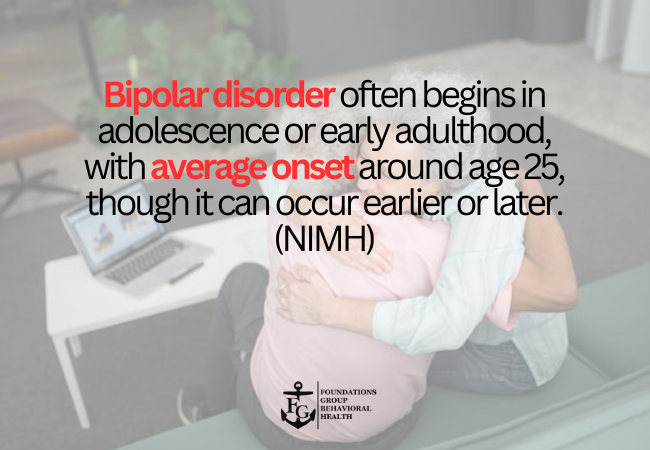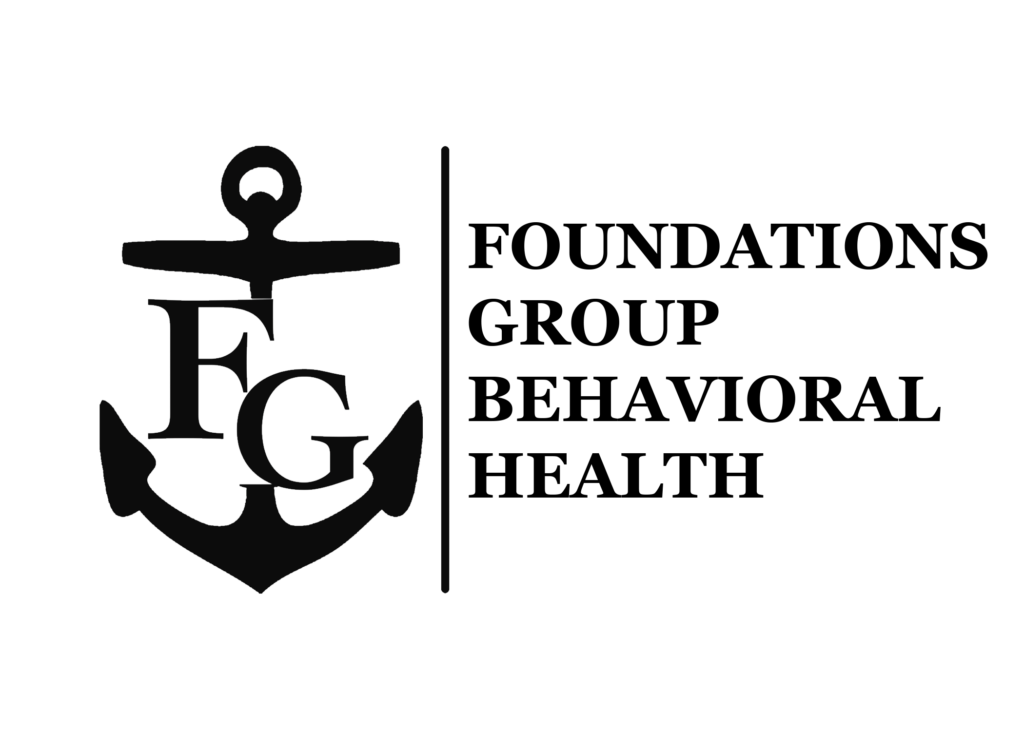Bipolar disorder is a complex mental health condition that deeply affects not only individuals but also their families. Characterized by alternating episodes of depression and mania or hypomania, bipolar disorder can create emotional, relational, and financial stress within a family. Family members often face challenges in understanding the disorder, managing its unpredictable nature, and supporting their loved one’s recovery.
Family therapy has emerged as a vital component in treating bipolar disorder. This approach focuses on improving communication, reducing conflict, and equipping families with the tools to provide meaningful support. At Foundations Group Behavioral Health, we integrate family therapy into our Bipolar Disorder Treatment Program and offer a range of services, including Psychiatric Day Treatment, Half Day Treatment Program, and Outpatient Mental Health Program, to support individuals and their families on their journey to recovery.
Understanding Bipolar Disorder: Its Impact on Families
What is Bipolar Disorder?
Bipolar disorder is a mood disorder that involves dramatic shifts in mood, energy, and behavior. These episodes typically fall into two categories:
- Manic or Hypomanic Episodes:
- Symptoms include elevated or irritable mood, increased energy, reduced need for sleep, and impulsive behavior.
- Manic episodes are more severe and may involve psychosis, while hypomanic episodes are milder but still disruptive.
- Depressive Episodes:
- Symptoms include persistent sadness, lack of energy, difficulty concentrating, and feelings of hopelessness.
Family Dynamics and Bipolar Disorder
Living with bipolar disorder often creates challenges for the entire family:
- Emotional Strain: Family members may feel overwhelmed by the unpredictability of mood swings and behavioral changes.
- Communication Breakdowns: Misunderstanding symptoms as personal choices can lead to blame and resentment.
- Financial and Logistical Challenges: The costs of treatment and time spent caregiving can strain family resources.
- Caregiver Burnout: Providing constant support can lead to physical and emotional exhaustion.
- Stigma and Isolation: Families may face judgment from others, causing them to withdraw from social connections.
How Family Therapy Helps in Bipolar Disorder Treatment
Family therapy addresses these challenges by fostering understanding, improving relationships, and empowering families to work together toward recovery. It is an essential component of treatment because bipolar disorder often requires the support of loved ones for long-term management.
Core Benefits of Family Therapy:
- Enhanced Understanding of Bipolar Disorder:
Family members learn about the symptoms, triggers, and treatment of bipolar disorder, reducing misunderstandings and stigma. - Improved Communication:
Therapists help families express their concerns, needs, and emotions constructively, reducing tension and conflict. - Crisis Management Skills:
Families learn how to recognize warning signs of mood episodes and take proactive steps to prevent crises. - Strengthened Relationships:
Family therapy fosters empathy and trust, helping repair strained relationships caused by the disorder. - Better Treatment Outcomes:
Studies show that individuals with bipolar disorder who receive family-focused therapy experience fewer relapses and improved medication adherence.
How Foundations Group Behavioral Health Integrates Family Therapy
At Foundations Group Behavioral Health, we understand that bipolar disorder impacts the entire family unit. Our comprehensive approach to treatment incorporates family therapy into all stages of care, creating a supportive environment for recovery.
1. Bipolar Disorder Treatment Program
Our specialized Bipolar Disorder Treatment Program includes family therapy as a cornerstone of care. Families participate in sessions that focus on education, communication, and conflict resolution, ensuring that everyone is aligned in supporting the individual’s recovery.
2. Psychiatric Day Treatment
In our Psychiatric Day Treatment program, patients and their families benefit from intensive therapy sessions during the day. This program is ideal for addressing complex family dynamics and providing education on managing bipolar disorder.
3. Half Day Treatment Program
Our Half Day Treatment Program offers a flexible option for families balancing treatment with other responsibilities. Family therapy sessions focus on real-life applications of strategies learned in treatment.
4. Outpatient Mental Health Program
The Outpatient Mental Health Program supports long-term recovery by providing ongoing family therapy sessions. These sessions help families adapt to changes and maintain stability in the individual’s mental health journey.
5. Co-Occurring Disorder Treatment Program
For individuals with bipolar disorder and co-occurring conditions such as substance use or anxiety, our integrated Co-Occurring Disorder Treatment Program includes family therapy to address the interplay between these challenges.
Techniques Used in Family Therapy for Bipolar Disorder
Family therapy for bipolar disorder involves a variety of evidence-based approaches, tailored to meet the unique needs of each family. These techniques include:
- Psychoeducation:
Therapists educate families about bipolar disorder, including its symptoms, causes, and treatment options. This knowledge helps reduce stigma and fosters empathy. - Communication Training:
Families learn effective communication skills, such as active listening, expressing needs constructively, and avoiding blame or criticism. - Problem-Solving Strategies:
Therapists guide families in identifying challenges and developing collaborative solutions to address them. - Behavioral Strategies:
Families learn how to set healthy boundaries, establish routines, and support positive behavior changes. - Relapse Prevention Planning:
Families and individuals create action plans to recognize and respond to early warning signs of manic or depressive episodes.

The Long-Term Impact of Family Therapy
Family therapy doesn’t just improve the immediate dynamics of a household—it also has lasting benefits for the individual with bipolar disorder and their family. These include:
- Stronger Support Systems: Families become active participants in the recovery process, providing emotional and practical support.
- Reduced Relapse Rates: Collaborative treatment reduces the likelihood of mood episodes and hospitalizations.
- Improved Quality of Life: Families experience less stress and more harmonious relationships, enhancing overall well-being.
- Empowered Caregivers: Family members gain the confidence and skills to navigate the complexities of bipolar disorder effectively.
Why Choose Foundations Group Behavioral Health?
At Foundations Group Behavioral Health, we are dedicated to providing holistic, family-centered care for individuals with bipolar disorder. Our Behavioral Health Treatment Center in Massachusetts offers:
- Individualized Treatment Plans: Each family’s therapy sessions are tailored to their unique needs and goals.
- Multidisciplinary Teams: Our therapists, psychiatrists, and counselors work collaboratively to provide evidence-based care.
- Comprehensive Services: From intensive day treatment to outpatient care, we offer a full spectrum of programs to support recovery.
Start the Journey Toward Healing Today
Living with bipolar disorder can strain even the closest family relationships, but healing is possible with the right support. At Foundations Group Behavioral Health, our family therapy sessions are designed to strengthen bonds, improve communication, and empower families to face the challenges of bipolar disorder together.
Contact us today to learn more about our Bipolar Disorder Treatment Program, Psychiatric Day Treatment, and other services. Together, we can help you and your loved ones build a foundation for lasting recovery. Call us at 888.685.9730 to start your journey to a mindful future.
FAQ on Family Therapy for Bipolar Disorder
Why is family therapy important for bipolar disorder?
Family therapy helps families understand bipolar disorder, learn effective ways to support their loved one, and address relational challenges that may arise due to the condition.
What are the benefits of family therapy for bipolar disorder?
Benefits include improved communication, reduced conflict, better relapse prevention, and stronger family relationships, all of which contribute to more effective recovery.
What techniques are used in family therapy for bipolar disorder?
Common techniques include psychoeducation, communication training, problem-solving strategies, relapse prevention planning, and setting healthy boundaries.
Can family therapy prevent relapses?
Yes, family therapy can help families recognize early warning signs of mood episodes and develop strategies to prevent relapses, leading to better long-term outcomes.
Is family therapy part of bipolar disorder treatment at Foundations Group Behavioral Health?
Yes, family therapy is a core component of our Bipolar Disorder Treatment Program and is integrated into services like Psychiatric Day Treatment, Half Day Treatment Program, and Outpatient Mental Health Program.








